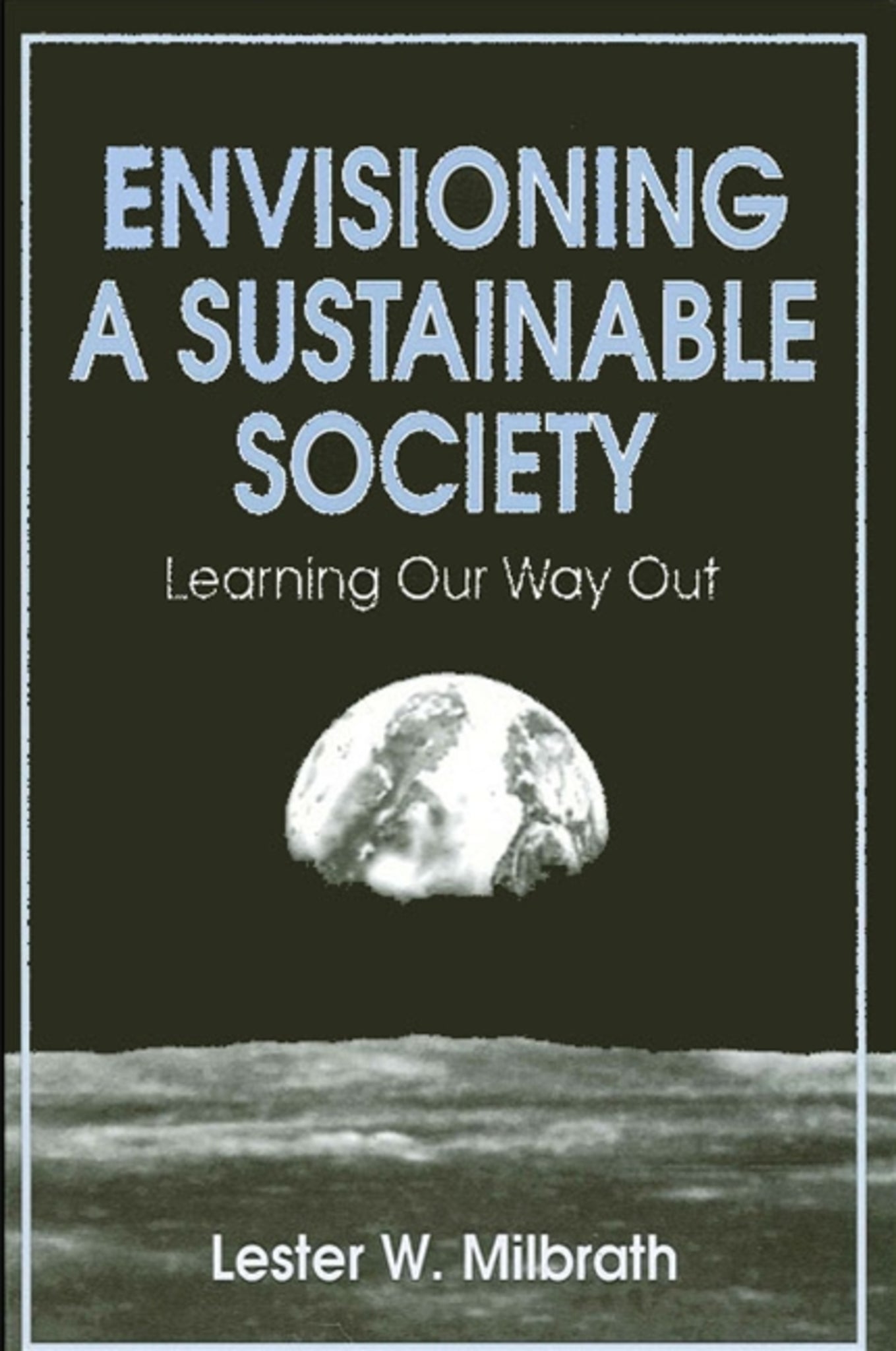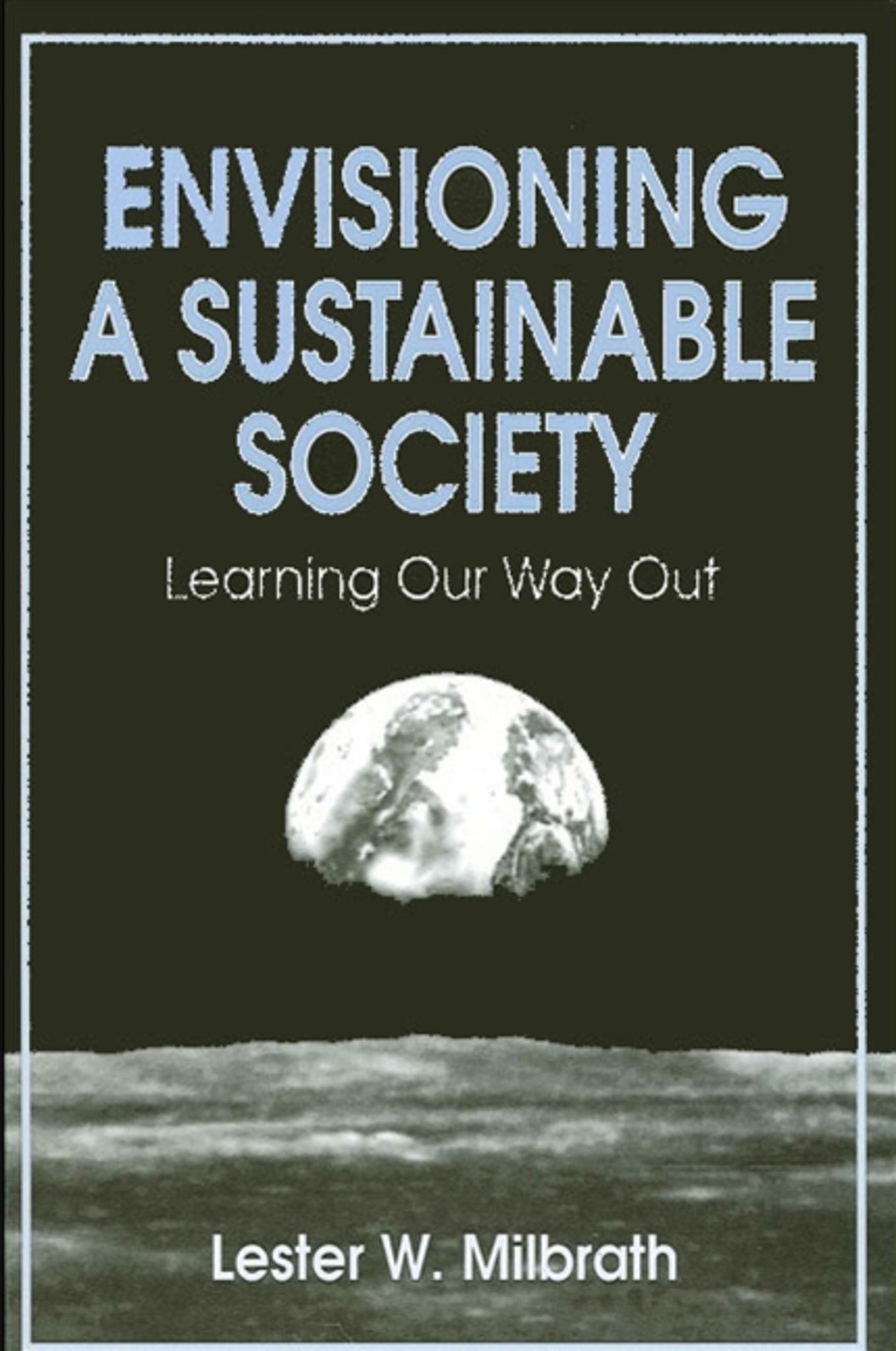We're sorry. An error has occurred
Please cancel or retry.
Envisioning a Sustainable Society

Some error occured while loading the Quick View. Please close the Quick View and try reloading the page.
Couldn't load pickup availability
- Format:
-
01 November 1989

The evidence is increasingly persuasive. We are changing the way our planet's physical systems work-irrevocably. These changes are global and interconnected and unavoidable. They are upon us already, making it virtually impossible for any modern society to continue its present trajectory of growth.
This book provides a penetrating analysis of how we have come to this point, of why science and technology will fail to solve these problems, and of how we as a society must change in order to avoid ecological catastrophe. The scope is broad, the urgency of the message is impossible to ignore.


"As we approach the year 2000 it seems clear that the questions raised in this book will become increasingly prominent in public and political discourse. Already, public awareness of the danger posed by a global warming trend, depletion of the upper ozone layer, and acid precipitation (just to name the most obvious situations) is being heightened daily by media coverage. Realization of the nature of these problems will lead to a search for change. This book, I believe, could be widely accepted as one guide to that change." — Sally C. Lerner, University of Waterloo
"It addresses the contemporary environmental crisis, providing a well-considered scenario for a world-cultural transformation that might move toward a solution not only to the environmental problem but to other troublesome aspects of our times as well."—Richard D. Schwartz, Syracuse University



